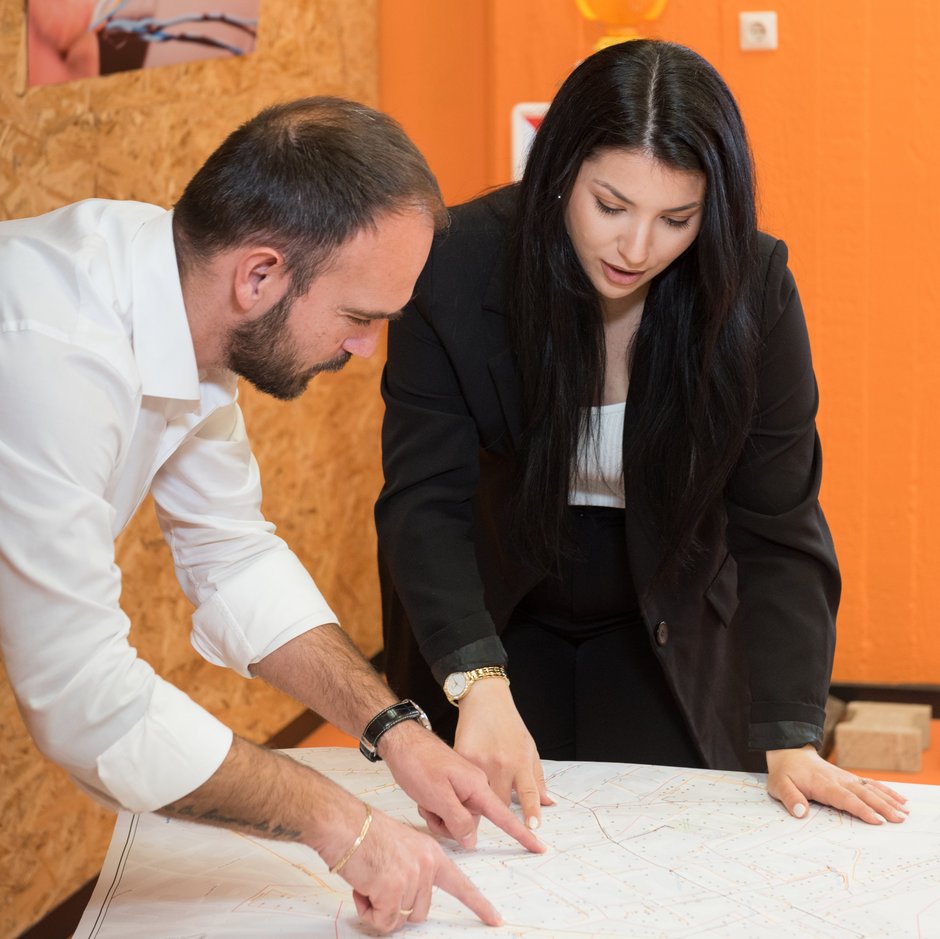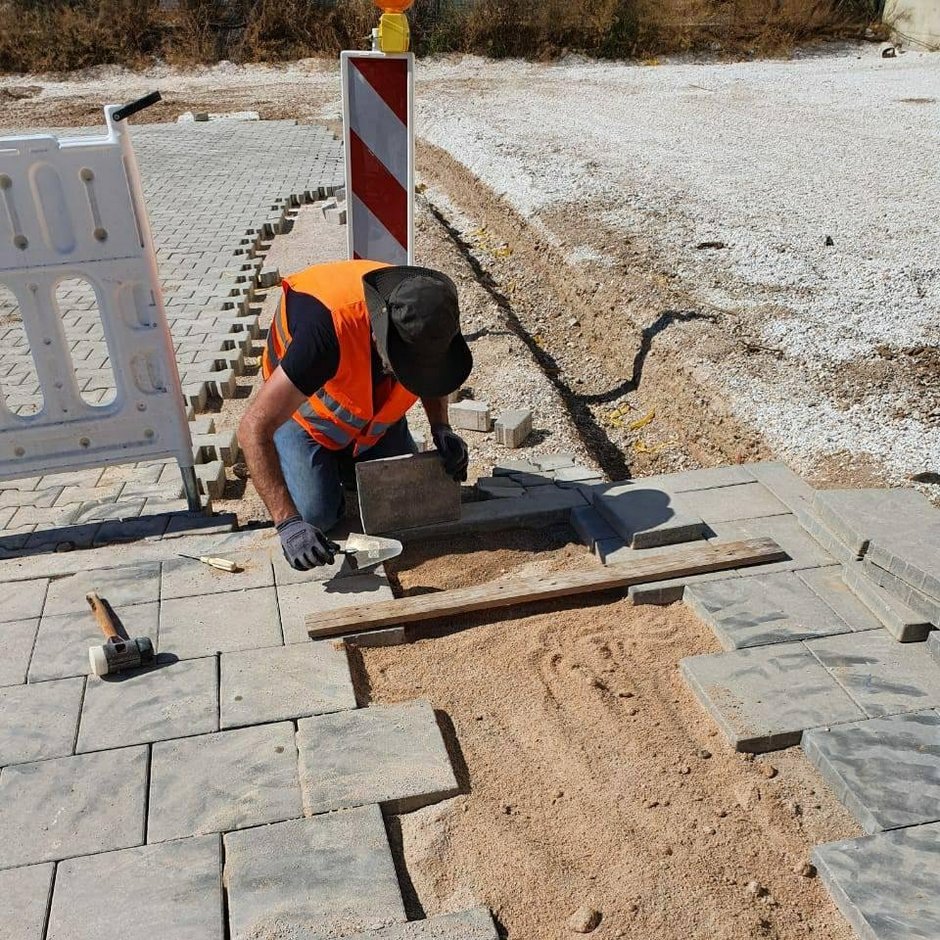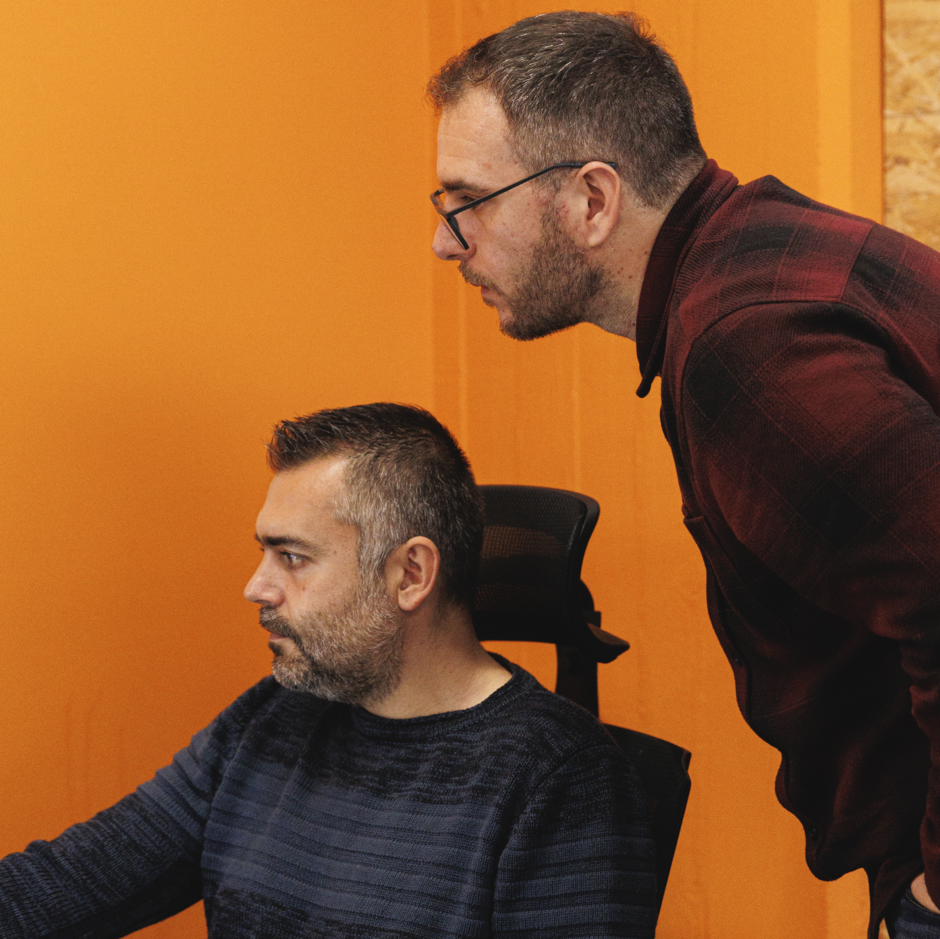At our Academy, we empower our people through training programs that equip them with everything they need to invest in their future at Circet Hellas.
- Project training
- Hands-on practice at every stage of the project
- Quality training
- Process training
At Circet Academy, training is not generic — it is targeted, practical, and aligned with the real needs of each project. Our goal is to ensure that every employee is equipped to perform their role with consistency, safety, and quality.
Project Training
Project training focuses on a comprehensive understanding of the scope and requirements of each technical project — from preparation to completion. Participants learn:
- How to manage the different stages of a project
- The key technical aspects for each project category (telecommunications, electrical, networking, etc.)
- Effective coordination methods with teams and subcontractors
- How to adhere to schedules, documentation, and quality deliverables
Hands-On Training
Training with Realistic Scenarios and Real Tools
At Circet Academy, we design training scenarios that simulate real project conditions, giving trainees the opportunity to practice:
- Using state-of-the-art equipment and tools
- Performing installation, repair, and maintenance procedures
- Following safety and communication protocols in the field
Quality training
Quality is not a choice — it’s a requirement.
Quality training focuses on ensuring high performance standards across every project.
The program includes:
- Understanding quality requirements by project type
- Learning quality control and assessment tools
- Identifying and preventing errors or deviations
- Applying practical methods based on ISO standards and internal KPIs
The goal is to deliver projects with consistency and technical excellence.
Process Training
Consistency in execution ensures results.
Processes are the link between safety, performance, and quality. That’s why we place special emphasis on training that focuses on:
- Standard Operating Procedures (SOPs) for each project
- Approval, monitoring, and documentation workflows
- Collaboration with QHSE, HR, and Project Management departments
- Use of tools (e.g., CRM systems, apps, reporting forms)
Every employee is trained to operate with precision, safety, and consistency at every stage.





